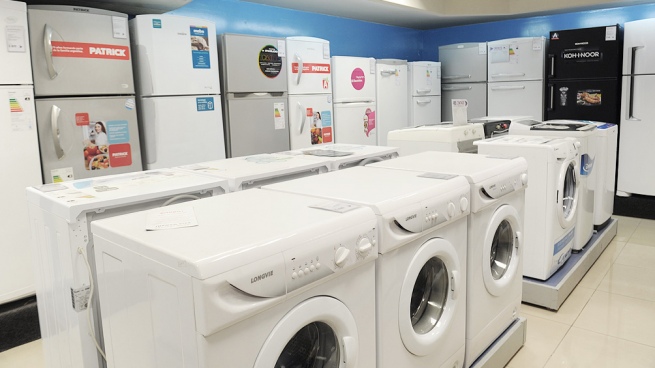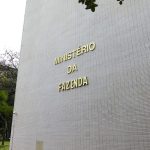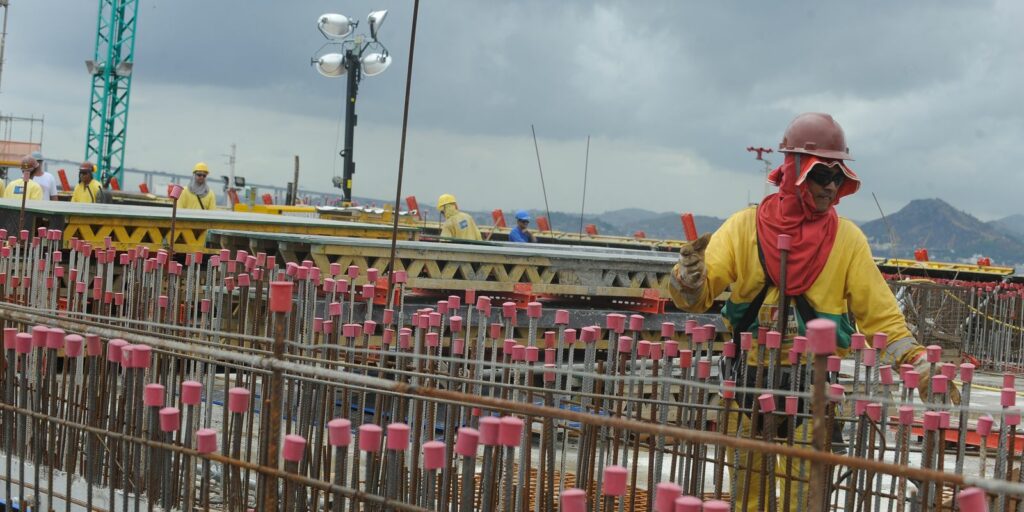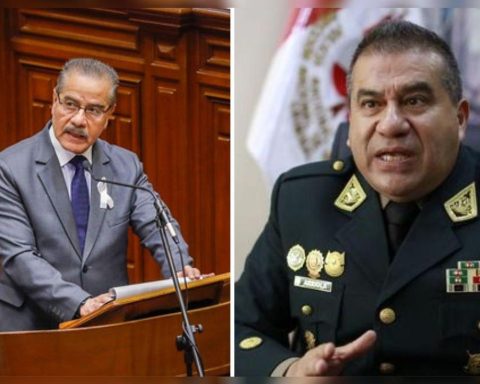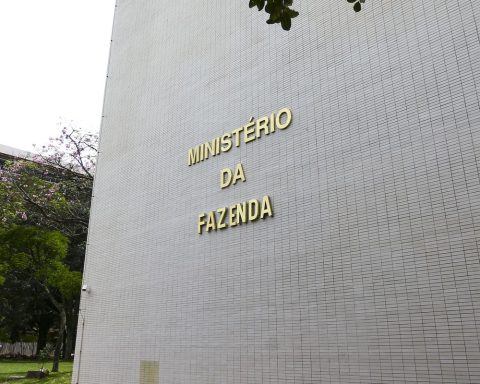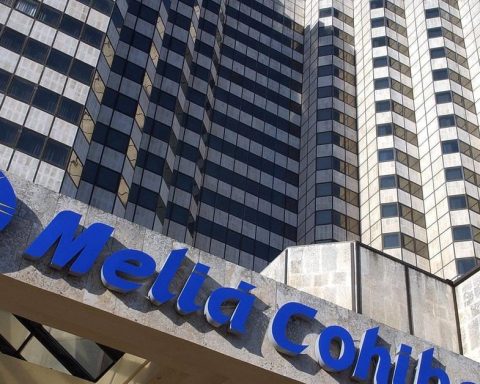Energy efficiency, related to the implementation of state-of-the-art technologies, is an incomplete concept if it is not complemented by rationality on the part of its users, warned the head of the Energy Department of the Argentine Industrial Union (UIA), Alberto Calsiano.
“The two things go hand in hand, I can count on the most efficient device, but it will be of little use to me if I don’t use it rationally,” Calsiano told Télam.
The electromechanical engineer reiterated the position that he had made public in the hearings held in the first half of this year to discuss the rate policy for natural gas and electricity services and stated that “it is delusional” to allocate more than US$ 15,000 million a year in energy subsidies.
In return, he proposed to focus subsidies on the provision of efficient appliances and the construction and remodeling of houses with thermal insulation, which will result in lower consumption without giving up comfort guidelines, in addition to tax savings.
Télam: Since when has the UIA been dealing with the issue of energy efficiency?
Alberto Calsiano: We have been dealing with this issue since the mid-1980s, when it was not even called Energy Efficiency but rather UREE (Rational and Efficient Use of Energy).
Among the main works of those times, one was the PIEEP (Program to Increase Energy and Productive Efficiency of Argentine SMEs), which was developed mainly in the province of Buenos Aires, in the 1990s, with funds from the Agency of German Technical Cooperation GTZ.
Between October 2010 and July 2017, we were part of an initiative carried out with funds from the World Bank in which 150 hearings were held throughout the country to promote energy diagnoses, with the participation of some 600 companies. Each company now had a complete report, prepared by specialists, with the specifications on what it had to do to improve its process and achieve greater efficiency.
Savings of 7% to 15% were achieved and in some it reached 20%. What is remarkable is that the work was extended throughout different political administrations, since it began in the Presidency of Cristina Fernández de Kirchner and ended in that of Mauricio Macri. All this began with Daniel Cameron, Secretary of Energy in the administration of Julio De Vido, and ended with the final presentation in the UIA auditorium with Daniel Redondo, Secretary of Energy Planning Coordination of Juan José Aranguren.
The last of the works began in 2019, with funds from the European Union, lasted two and a half years and workshops were held to improve energy efficiency. The objective was for companies to apply the ISO 50.0001 standard. In these adaptation workshops, work was carried out with medium to large companies throughout the country. Two professionals per company attended and the commitment was made to apply what was learned in the workshops. Germany and Spain participated and for Argentina the work was headed by the Fundación Bariloche.
T: The latest UIA survey shows a higher use of renewable energy in large companies than in SMEs. What is this difference due to?
AC: Large companies are required to meet 20% of their electricity demand with renewable energy in 2025, in accordance with Law 27,191. They have three options: they buy that energy from Cammesa, a supplier, or they generate their own.
In less than three years, 20% of the total electricity demand has to be supplied by renewable energies. Currently they provide approximately 15%. To complete those 5 points of difference you have to make the necessary investments and that is the big problem. Transport nodes are saturated.
38% of companies have energy efficiency strategies, especially those associated with low consumption lighting and the incorporation of machinery and technology.
Another 40% do not yet have policies, but plan to incorporate them in the future and 13.8% use at least one renewable energy source, a percentage that in the case of large companies rises to 33%.
T: Can it be considered that Argentina has reached a point of maturity in terms of energy efficiency?
AC: The task of energy efficiency is infinite, processes and technologies change continuously, as well as government regulations.
In addition to efficiency, rationality is fundamental, the two things go hand in hand. I can count on the most efficient device, but it will be of little use to me if I do not use it rationally. Rational and efficient use is not the total solution, but it helps a lot.
There should also be a policy to promote efficient equipment, such as when an exchange plan was implemented. How do we tell someone who doesn’t have enough money to buy an AAAA refrigerator? In addition, the device that is replaced by inefficient has to be destroyed, otherwise it ends up in someone else’s house.
When we talk about efficiency and rationality, it would be more constructive if credits and tax discounts were given to thermally insulate buildings, which would also generate sources of work, both in workers and technicians as well as in professionals for installation and control.
If what costs 100 I give it with a rate of 30, there will be no rational use, but if I do the corresponding thermal insulation, we all win, because the user will consume for 30 with the same comfort for which he would have previously consumed. 100.
T: Within this framework, how do you evaluate the implementation of rate segmentation?
AC: The segmentation implies a laundering of the cost of energy, but even today the distributors do not know how to apply it because they do not have the complete standards. It would be much more logical to apply things that are executable, to do it gradually. And that people know that energy has a value, the value of generating it, transporting it and distributing it.
Logically there has to be protection for the most vulnerable, but it is crazy that in 2022 we have between 15,000 million and 16,000 million dollars of energy subsidies.
Energy has to have a value and today, in addition, we have to face the cost of falling in love with that tool. If we had US$15 billion, great. But we don’t have them.
